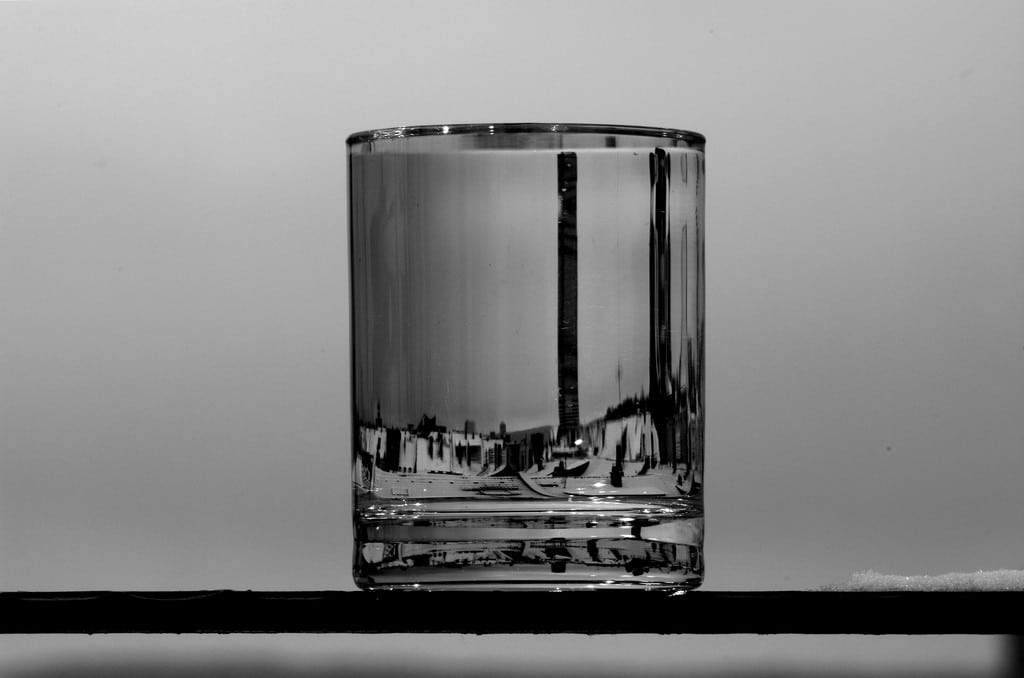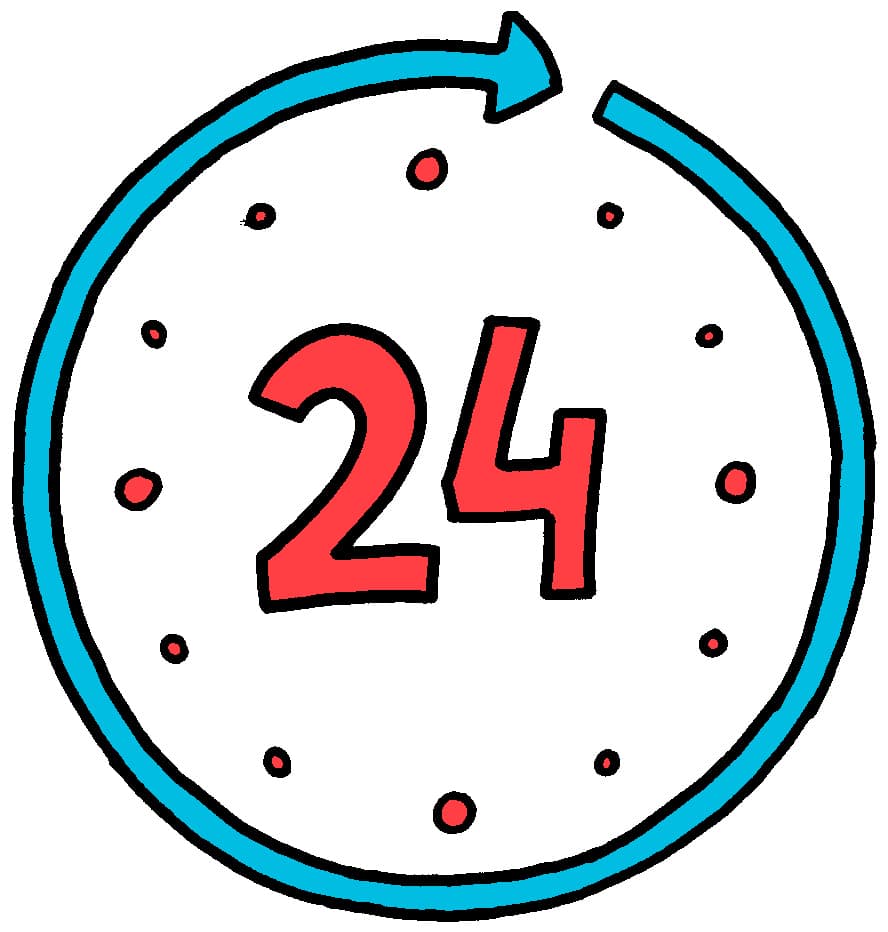If you’ve been reading the blog or watching my videos, you’ll know that I’m a big proponent of intermittent fasting. It’s one of the humanity’s oldest and most useful traditions, but it’s puzzling to a lot of people. Recently, I’ve been getting a lot of questions about the practice, stuff like:
In this article
- Can I still drink water?
- Can I use raw potato starch while I’m fasting?
- Should I still be taking my supplements?
- Should I still be taking fish oil?
- If I drink coffee, does it count?
I understand any confusion that might arise about fasting, because it’s not something we’ve been trained to do. Thankfully, there’s really just one answer to all of these questions:
I recommend fasting for one day, preferably once a week. That’s one day with no food, just water or herbal tea. That’s it.
The key thing to remember is this: you want to put yourself in a state where your body doesn’t have to digest anything — no coffee, supplements or anything except water really. Digestion is such a labor-intensive process that, if we’re always eating, we’re not giving our body enough time and energy to repair itself and remove a lot of the waste.
Why Your Body Needs a Break… Even From the Good Stuff
Consider this: if you’re fasting and you take a couple tablespoons of fish oil, what’s going to happen?
First of all, fish oil is a fat, so when you swallow it—even the tiniest amount—it has to be emulsified, digested, and absorbed. Is it going to make or break the fast? Not entirely, but I would say if you’re going to fast, just give your body a break.
The beautiful thing about intermittent fasting is that by easing off of even the healthiest foods and supplements temporarily—especially certain things like oregano oil, that you should not be taking more than two weeks in a row—it allows your body to make full use of them once you reintroduce them into your diet. These things need to be cycled—off and on, off and on.
If you’re constantly eating the same foods and taking the same supplements, the enzyme pathways required to digest them become exhausted, and you don’t end up digesting any of it properly anymore. That can lead to food allergies, autoimmune issues, and all sorts of ugly stuff.
If you’re fasting, just fast. Drink water. At most, a cup of tea.
How to Make Your Fast a Lot Easier
The easiest way to start your fast is at night, after dinner. Let’s say you have dinner at 6 p.m.; by 9 p.m. you’re in a fasted state, and your body is no longer digesting food. Start the clock. Stay up for an hour or two, then go to bed. By 9 a.m. the next morning, you’ve already done 12 hours of your fast, and most of that has been done while you were sleeping!
You can survive without breakfast, can’t you? The benefits start to kick in at about 18 hours, so you just have to make it to 3 p.m.—a late lunch. Make sure you drink plenty of water and mix it up with some herbal teas here and there.
The first time you do this, there may be some discomfort, but it’s really not difficult at all. I talk about this extensively in my upcoming book, The All-Day Fat-Burning Diet.
If you can do this, you’re going to have an easier time losing weight, you’re going to feel more mentally clear, and you’re going to learn a lot about why you think you need to eat all the time. You really don’t need to eat as often as you think you do; it’s really a matter of conditioning, and fasting will help you break it—all to your benefit.
I guarantee this is one of the best things you can do for your health. In fact, once you’ve gotten accustomed to it, I even recommend doing it twice a week if you can manage it. My buddy Brad Pilon— author of Eat, Stop, Eat, the preeminent resource on this topic—practices fasting just like this: two days a week, with a few days in between. You don’t need anything more than that. It will have a profound impact on your well-being.
I hope this is a help to all of you asking about fasting. It’s really very simple: just give your body a break. Don’t put anything in your mouth other than water or herbal tea on the day you’ve committed to your fast. That’s all there is to it.
If anyone else has a question they want answered, click here; it’ll take you over to a special page where you can throw in your questions. And be sure to subscribe to my YouTube channel where you’ll find tons of videos addressing so many of your health concerns. I’m here to help you burn fat, have more energy, and live your very best life.


